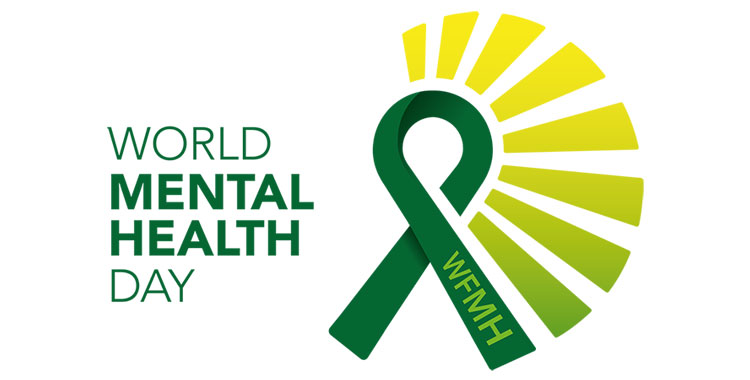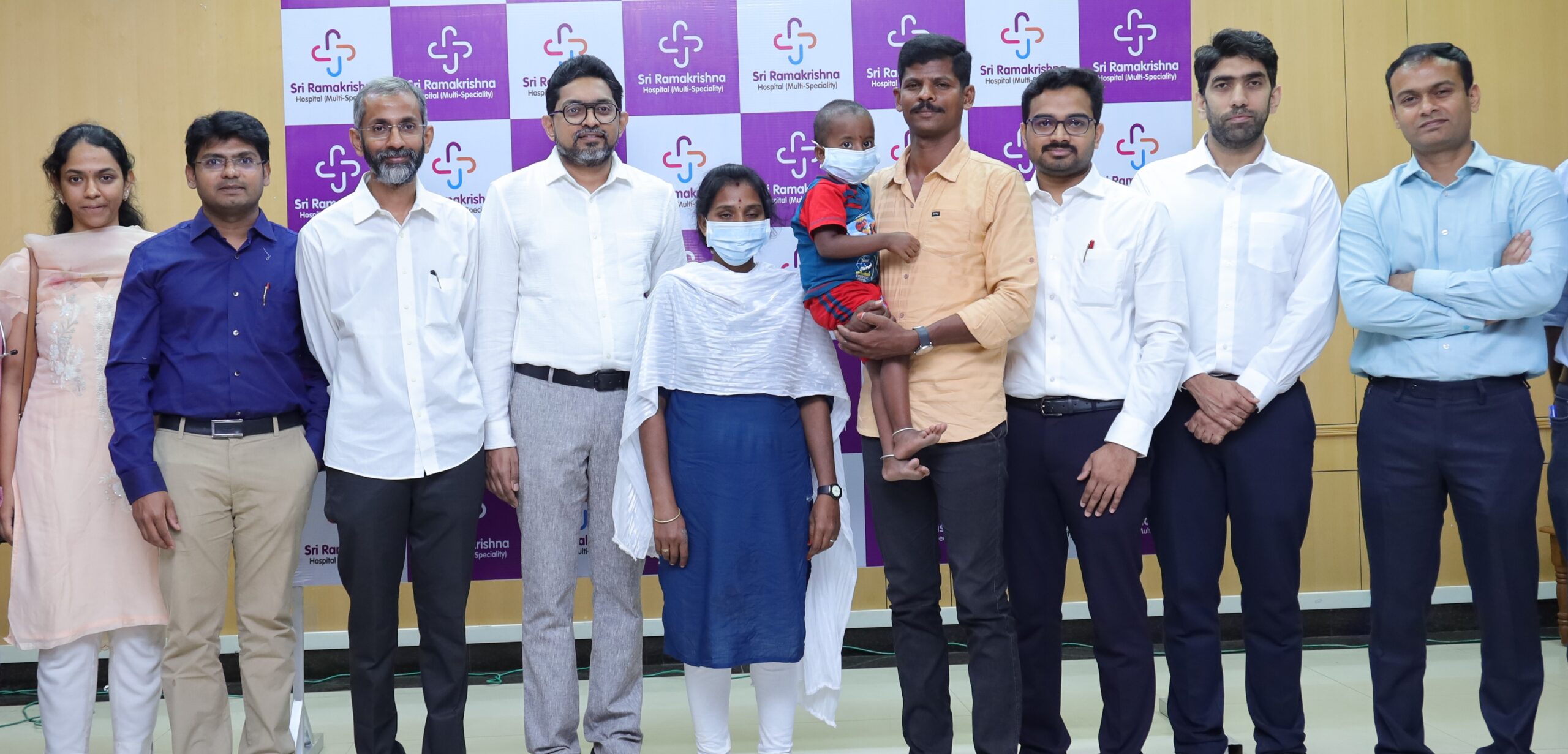Trending Now
- 830 voters names go missing in Kavundampalayam constituency
- If BJP comes to power we shall consider bringing back electoral bonds: Nirmala Sitaraman
- Monitoring at check posts between Kerala and TN intensified as bird flu gets virulent in Kerala
Coimbatore
“Just listen – to help people with suicide potential”
![]() October 14, 2019
October 14, 2019
It’s time mental illnesses are taken seriously and treated just like any other physical ailments. On the occasion of World Mental Health Day, The Covai Post spoke to psychiatrist Dr V Uma Maheshwari, who said the society must approach mental health with an open mind.
“Happiness is the highest form of health” – Dalai Lama.
Just listen, says a Coimbatore-based psychiatrist, to those who are mentally disturbed. Speaking to The Covai Post on the occasion of World Mental Health Day (October 10) themed this year on ‘Prevention of Suicide’, Dr V Uma Maheshwari said how looking after mental health is as important as the physical health.
More than 800,000 people die by suicide every year – the principal cause of death among people aged between 15 and 29 years old, says the World Health Organization (WHO), whose sister body, World Federation of Mental Health (WFMH), works for increasing awareness about mental health, one of its initiatives being World Mental Health Day. Founded in 1948, the federation functions for the benefit of the mental health organisations and the agencies of the United Nations Organization.
Dr Uma Maheshwari, a consultant psychiatrist at Mind Vision Neuropsychiatric and Deaddiction Hospital in the city, explained the prevalence of mental illnesses and how the stigma attached to them, has not changed much in India.
Excerpts
Why mental health is as important as physical health?
WHO defines health as a complete state of well-being which includes both physical as well as psychological health. Both are interconnected. For example, if someone is psychologically stressed and if their sleep is affected, it may lead to some major chronic diseases like diabetes, hypertension, heart diseases, stroke and so on. If someone is suffering from chronic diseases like cancer, obesity, or stroke it may, in turn, lead to psychiatric problems like anxiety, stress, and hypertension. This is because they cannot lead a productive life, affecting their normal lifestyle. So, maintaining mental health is as significant as maintaining physical health.
People of which age group are the most affected by mental illness in recent years?
There are two basic categories of mental illness viz-a-viz mild mental illness and severe mental illness. The former includes anxiety, exam stress, depression, discord in marital life, etc. This is most common among students, couples and the working community. Severe mental illness mainly pertains to biological factors and it is genetic, for instance, career-related stress and menopausal stress. It can affect any person irrespective of their age. The past two to three decades have seen a premature onset of mental illness. Very young children are becoming prone to stress and depression. Women are also one of the most affected by mental illness as they have to handle stress both in the household as well as in the workspace.
Do you think the stigma related to mental sickness still persists?
Yes, the stigma still persists. Things have not changed so much. People still believe that consulting a psychiatrist is shameful. Comparatively, the quantum of this stigma is more in India than in other countries. In some countries, they take their children to a psychiatrist even if the child is not well. But this is not the case in our country. In recent times, online psychiatric counseling, to maintain confidentiality, has been increasing due to stigma attached to mental illness.
How do you think we can help people with suicidal tendencies?
The most valuable help we can offer is to ‘just listen’ – this would be the tagline. So people must be ready to patiently listen to those who are psychologically disturbed so that a rational solution can be achieved. We must be ready to socially interact with those who are associated with us. Initiatives must be taken to incorporate mental health awareness programmes in schools.
These efforts will being about an attitudinal change towards the stigma associated with mental illnesses.























